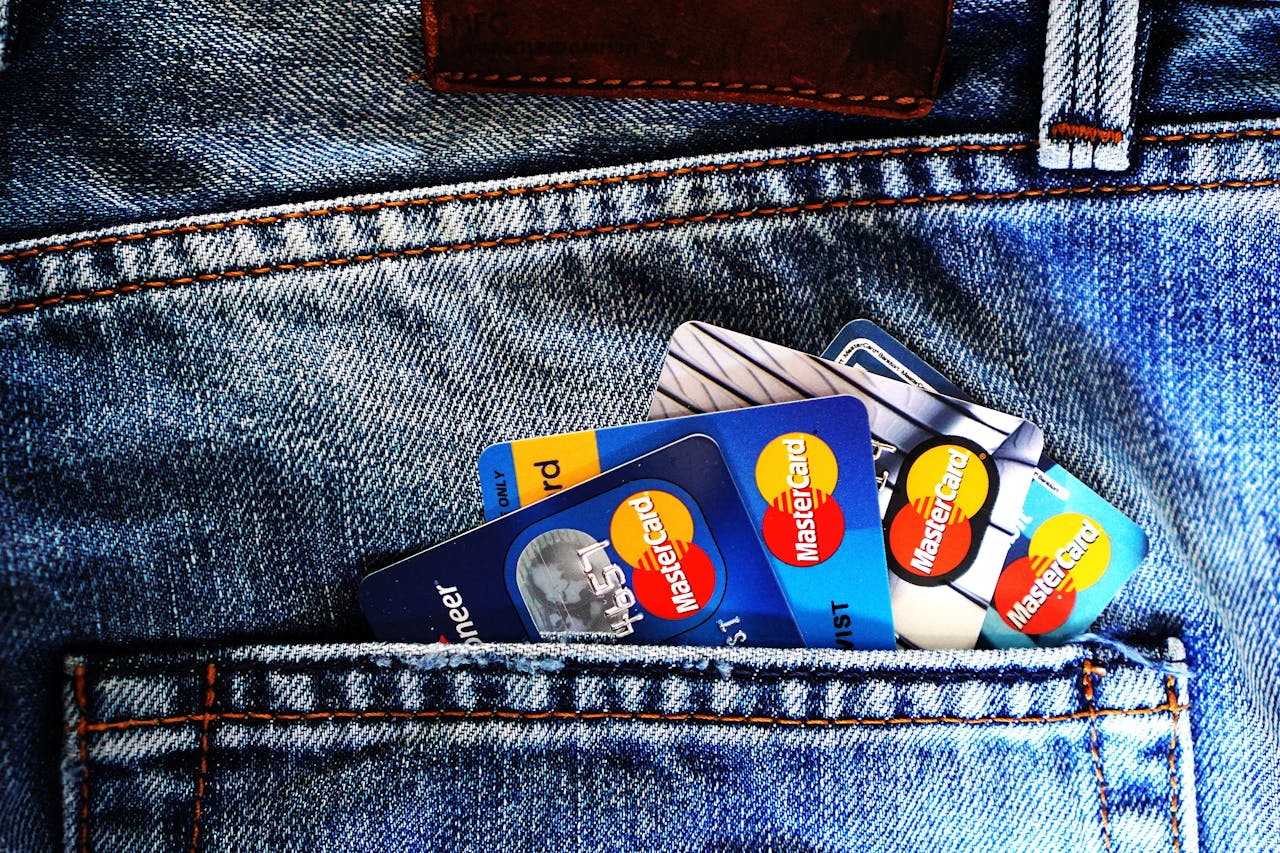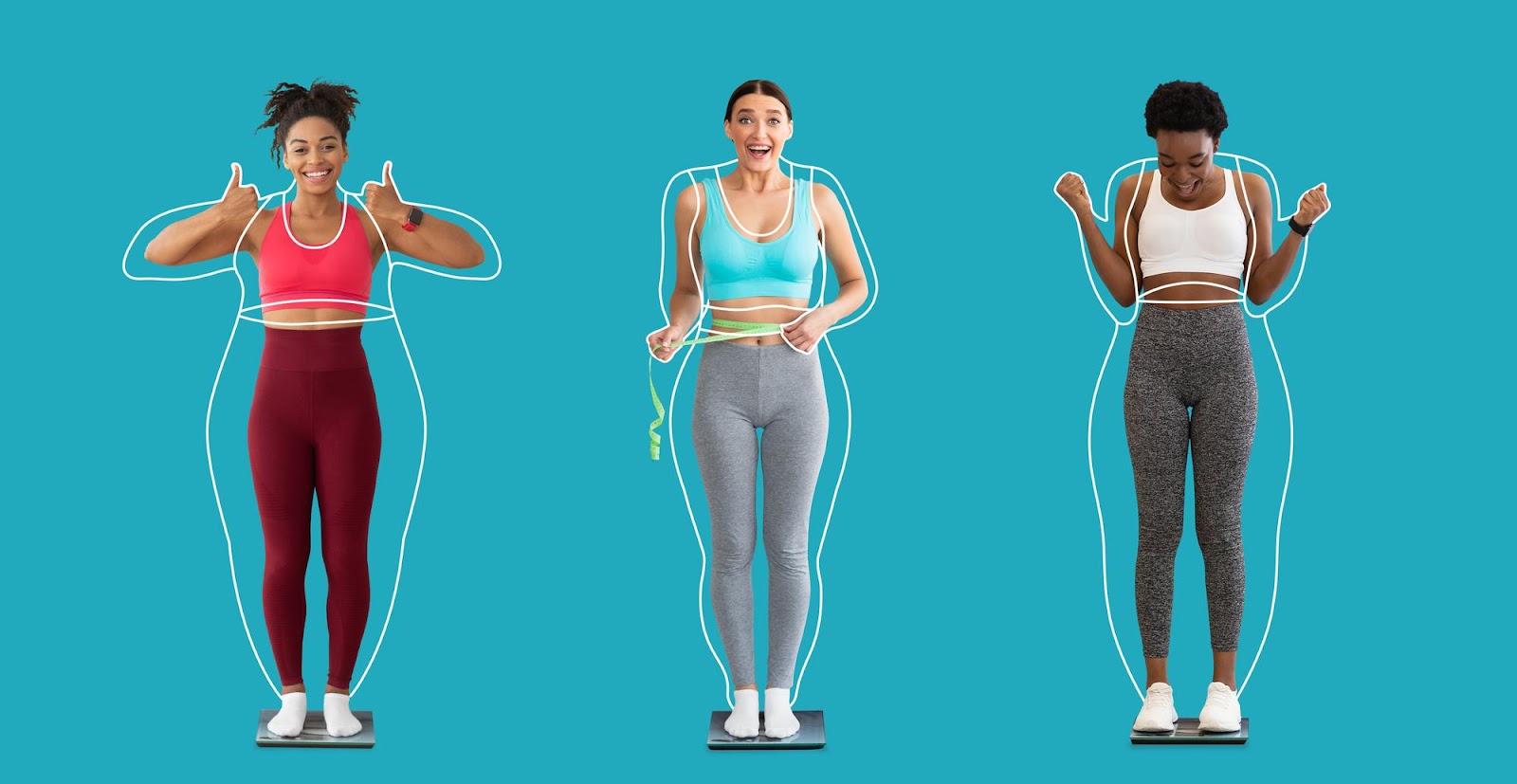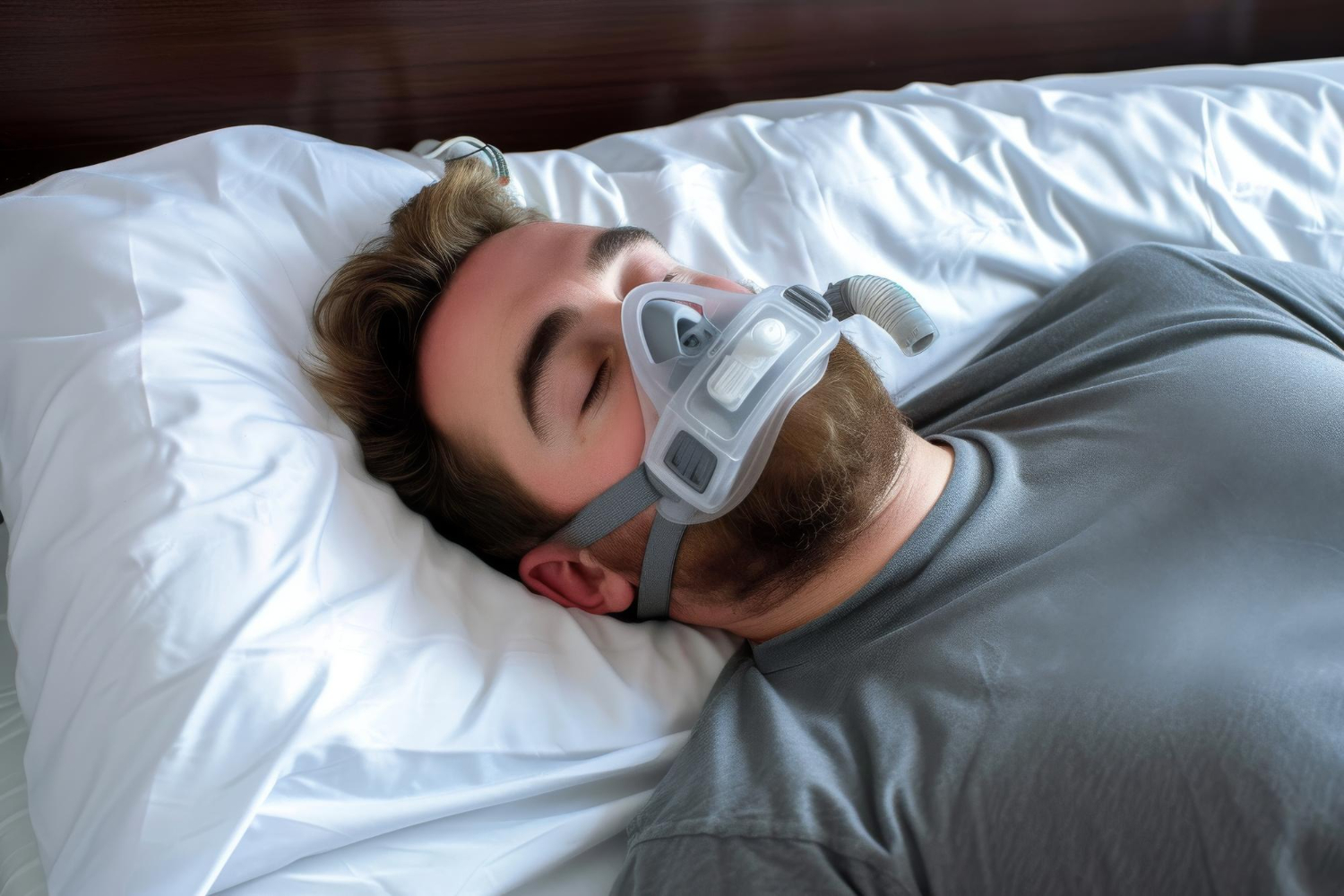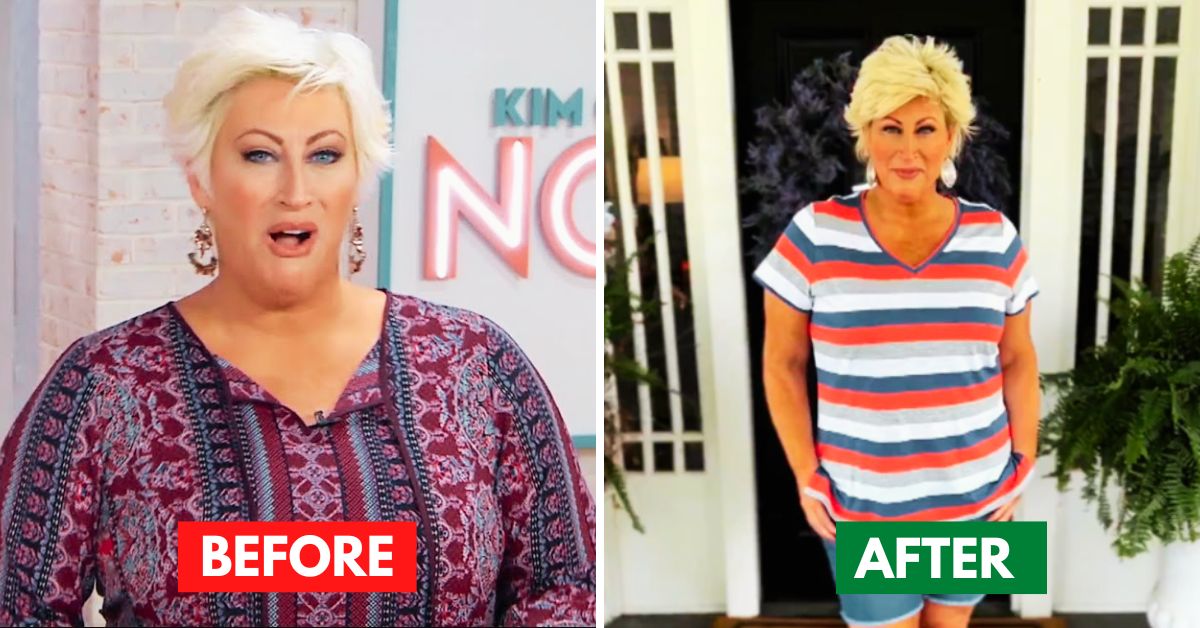In our fast-paced world, with its constant demands, many people are searching for quick fixes. The sentiment, “I need to lose weight fast, I don’t care how,” is not uncommon. But before diving headfirst into extreme measures, it’s essential to understand the safest, most effective approaches. Here’s your guide to quick weight loss, keeping health at the forefront.
1. Understanding the Drive for Quick Weight Loss
The drive to shed pounds rapidly can stem from various motivations, including upcoming events, health concerns, or simply the desire for a change. While the urgency is understood, it’s critical to approach this goal with knowledge and caution.
2. Ditch the Crash Diets
Crash diets might sound like the solution to your “I don’t care how” approach, but they often do more harm than good. Extreme caloric restrictions can lead to:
- Nutritional deficiencies.
- Loss of muscle mass.
- Reduced metabolism, making future weight loss harder.
Instead, aim for balanced eating that fuels your body and encourages fat loss.
3. Incorporate HIIT Workouts
High-Intensity Interval Training (HIIT) can be a game-changer. These short, intense bursts of activity followed by rest periods can torch calories and promote fat loss. Research indicates that HIIT can be more effective than traditional cardio, especially if time is a constraint.
4. Stay Hydrated
Drinking water boosts metabolism. Often, our bodies confuse thirst with hunger. By drinking plenty of water throughout the day, you can curb unnecessary snacking and boost your fat-burning potential.
5. Prioritize Protein & Fiber
Adding protein and fiber to your meals can make a big difference. They keep you full for longer, reducing the urge to snack. Protein also aids in muscle building, which in turn, increases metabolic rate.
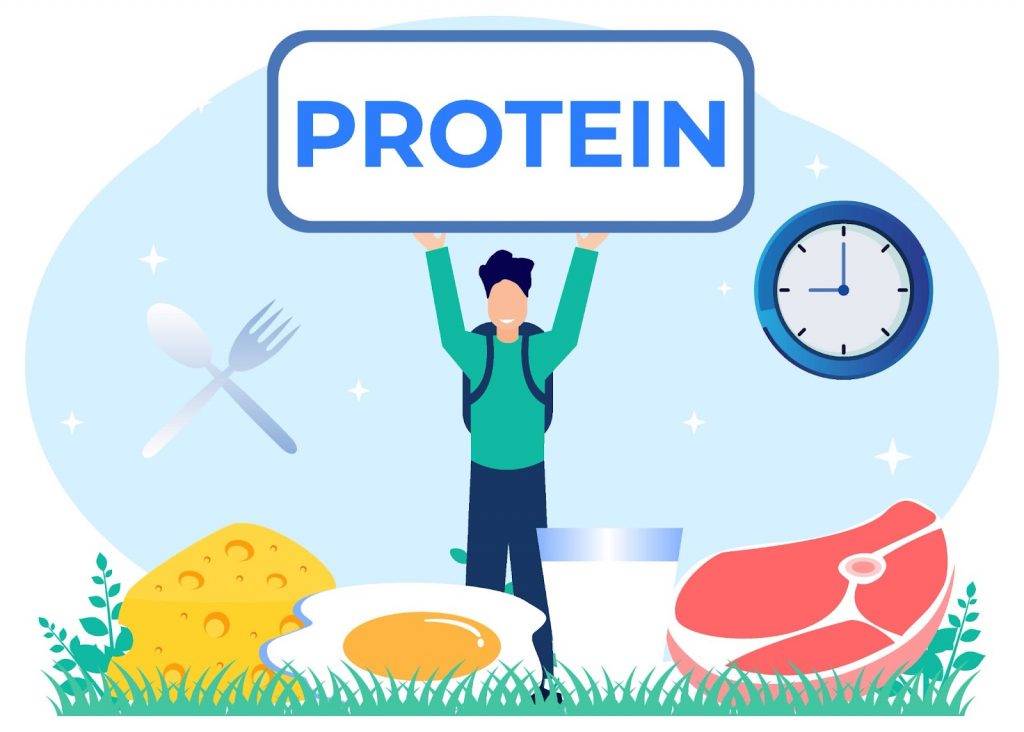
6. Intermittent Fasting: Is It Right for You?
Intermittent fasting, cycling between periods of eating and fasting, has gained traction for its potential weight loss benefits. It’s a tool, not a diet, that can help some people reduce calorie intake. If considering this approach, it’s crucial to consult with a health professional.
7. Mindset & Support
Having a support system can exponentially boost your success rate. Share your goals, join a group, or simply have a friend to check in with. Remember, it’s a journey, not a race. Celebrate small milestones.
8. Limit Added Sugars & Refined Carbs
Processed foods, sugary beverages, and high-carb treats contribute to weight gain. Reducing these from your diet can lead to noticeable changes in your body composition.
9. Consult Professionals
It’s always a good idea to speak with a healthcare professional or nutritionist. They can guide you based on your specific needs and ensure you’re not compromising your health.
10. Sleep & Recovery
Don’t underestimate the power of sleep. Poor sleep can hinder weight loss efforts, increase hunger hormones, and reduce recovery after workouts.

Conclusion
The sentiment, “I need to lose weight fast, I don’t care how,” is a call to action. However, your health should never be compromised in the process. With informed choices, a strong support system, and dedication, you can achieve your weight loss goals in a manner that’s both rapid and healthy. Remember, it’s not just about losing weight; it’s about gaining a healthier, more vibrant life.
FAQs
1. Is rapid weight loss safe?
Rapid weight loss can be safe if approached correctly. However, extreme measures, such as crash diets or excessive exercise, can harm your body. It’s crucial to prioritize health and consult with professionals. Following a balanced diet, staying hydrated, and incorporating effective workouts like HIIT are some of the healthier ways to achieve quicker results.
2. Do crash diets work for long-term weight loss?
While crash diets might offer immediate results, they are not sustainable in the long run. These diets can lead to muscle loss, nutritional deficiencies, and a slower metabolism. For lasting results, it’s essential to adopt a balanced and sustainable approach to weight loss.
3. How can I boost my metabolism to lose weight faster?
Several factors can boost metabolism: staying hydrated, incorporating strength training to build muscle, eating protein-rich foods, and getting enough sleep. Additionally, certain exercises, such as HIIT workouts, are known to have a more extended calorie-burning effect post-workout. The Mayo Clinic has an insightful article on various ways to boost metabolism.
4. Is intermittent fasting effective for quick weight loss?
Intermittent fasting can be effective for some people as it limits the eating window and can lead to reduced calorie intake. It’s essential to ensure that when you do eat, you’re consuming nutrient-rich foods. Before starting intermittent fasting or any diet change, it’s advisable to consult with a healthcare professional.
5. How does sleep affect weight loss?
Sleep plays a crucial role in weight loss. Lack of rest can elevate stress hormones, which can trigger fat storage. Additionally, insufficient sleep can lead to increased hunger and cravings. For a deeper dive into the connection between sleep and weight, the Sleep Foundation offers valuable insights.
